Photovoltaic-membrane distillation turns waste heat from solar panels into a power source to drive an efficient water distillation process.
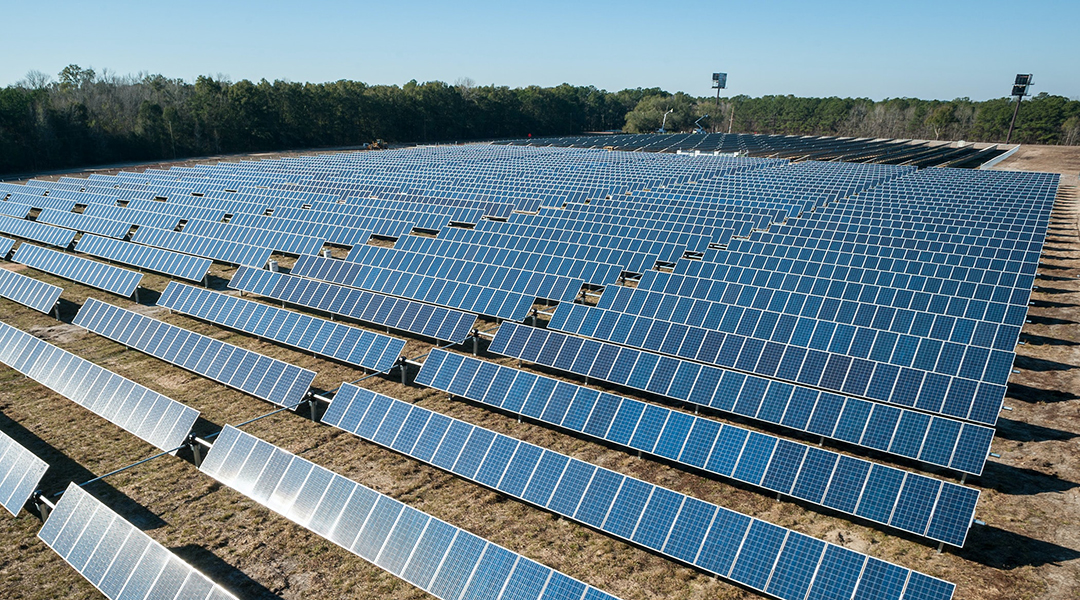

Photovoltaic-membrane distillation turns waste heat from solar panels into a power source to drive an efficient water distillation process.
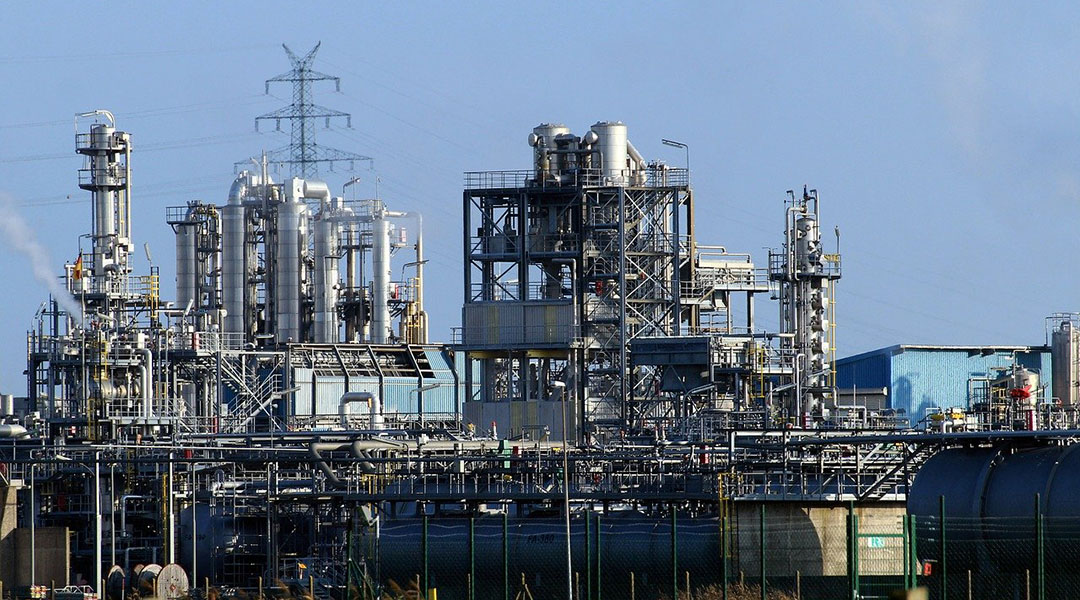
Researchers look at how industries and governments can work together to bring down carbon emissions.
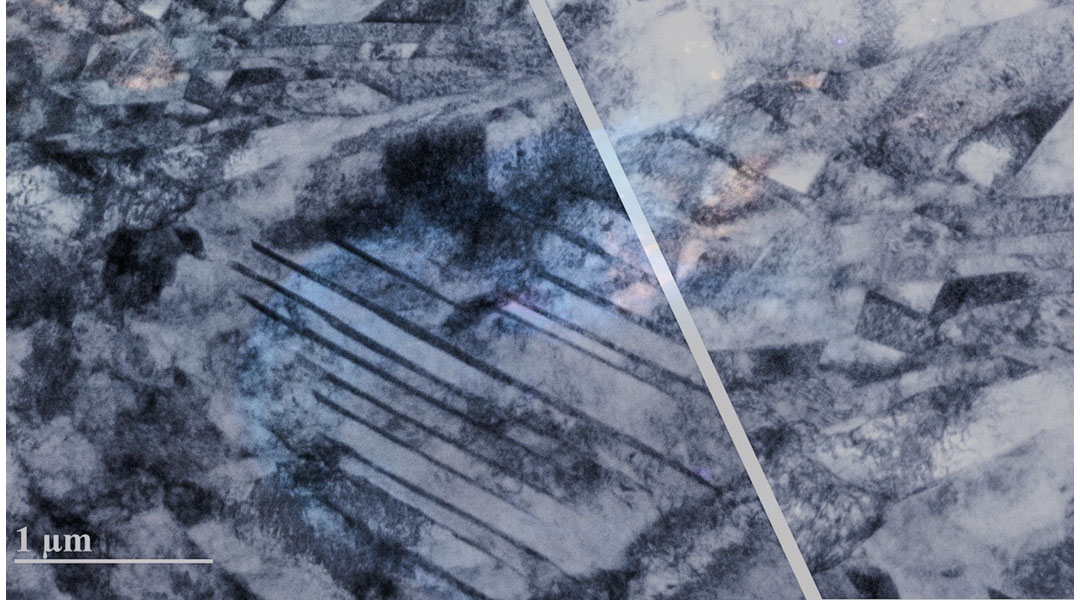
Researchers report a fast and efficient titanium alloy processing technique that requires up to 50% less heat.
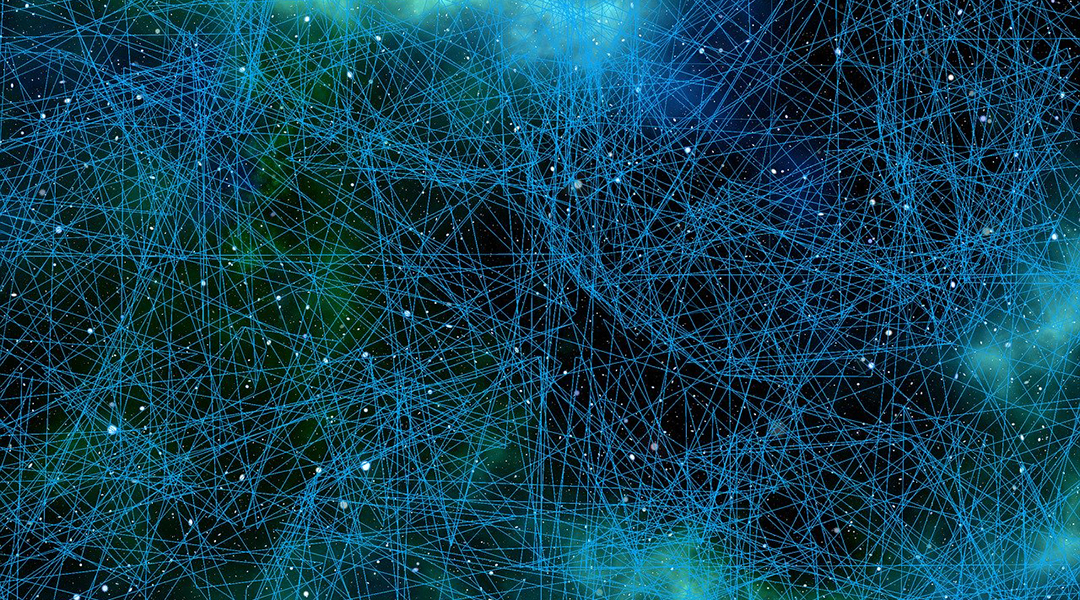
Controlling the probability of a series of seemingly random events is the key to mimicking the human brain to optimize neuromorphic learning.
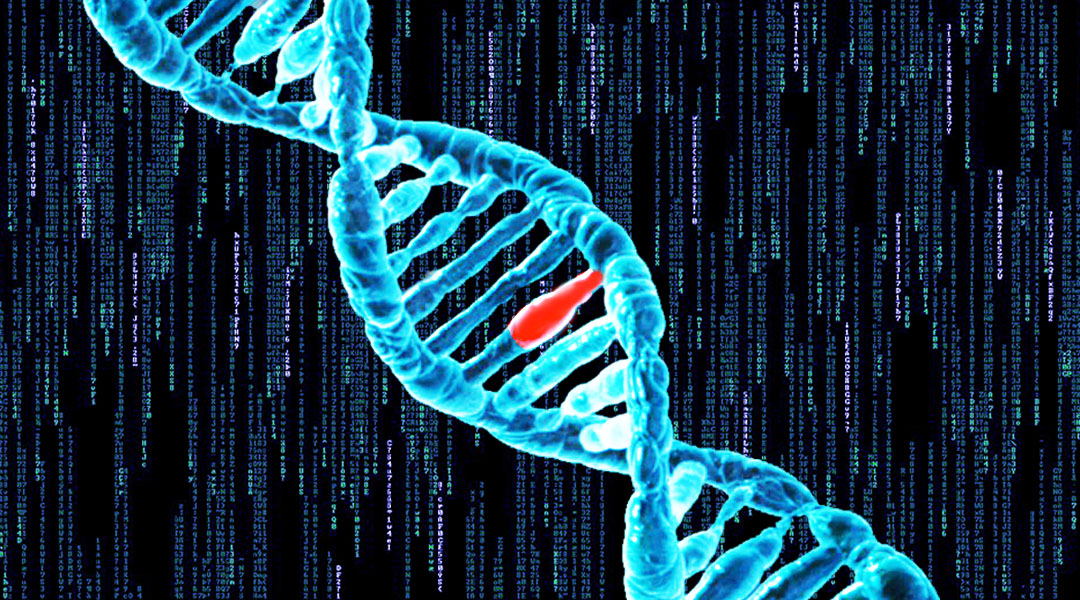
Computer modeling decodes the chemistry carried out by complex DNA repair enzymes to remove DNA damage caused by environmental exposure.

There has been a growing interest in delivering action with results on the ground, which is shaping how cities and urban areas are responding to climate change.
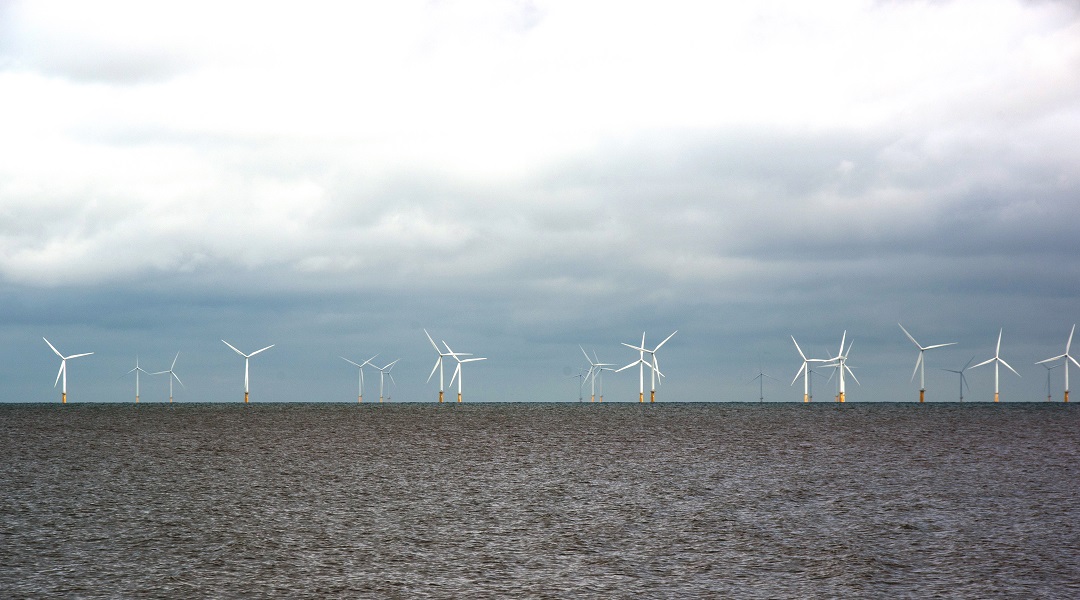
Dutch researchers develop a new computational model that could help turbine designers manage large uncertainties in wind and wave behavior.
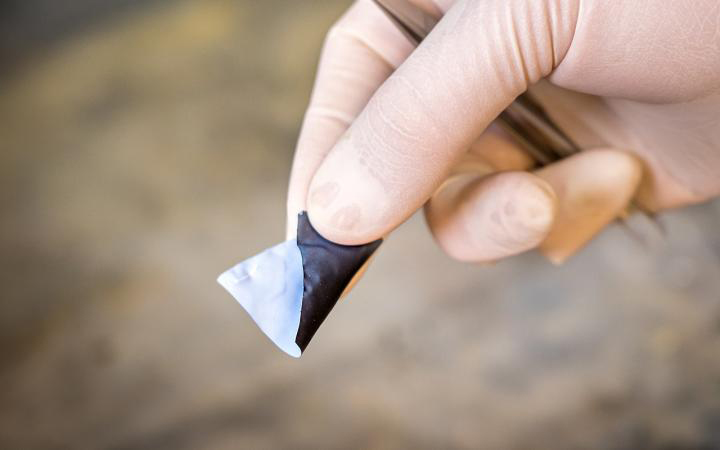
A “spillway” for electrons could keep lithium metal batteries from catching fire.
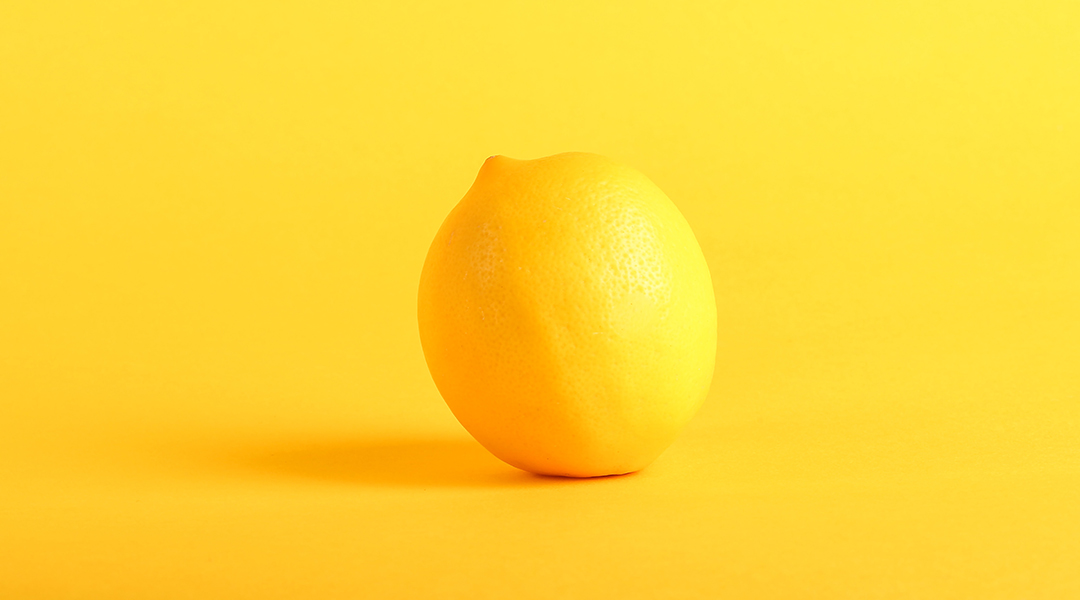
Today’s green chemistry technologies open the route to a broader and richer economy for lemons, well beyond the fresh fruit and fruit juice markets.

Hello HAL, do you read me HAL?